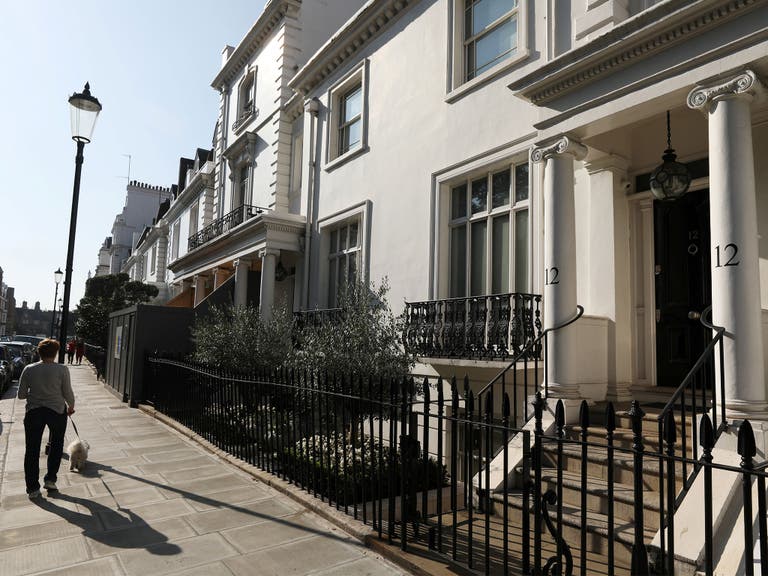By: Jenilyn Brhel
Impunity Watch News Reporter, Asia
NEW DELHI, India – A landmark ruling legalizing gay sex was passed down from India’s highest court on September 6th, putting an end to more than a century’s worth of anti-LGBT legislation.
Introduced in the 1860s, the colonial-era law in question, Section 377 of the Indian penal code, criminalized gay sex. Violators could face a maximum sentence of life in prison.
Prior to Section 377’s repeal, Indian courts had been reluctant to rule on the issue. In 2009, the Delhi High Court found the law unconstitutional, but the Supreme Court overturned its decision four years later.
Lawyers questioned the constitutional basis of the 2013 ruling. In that ruling, the court stated that because it believed only “a miniscule fraction of the country’s population constitute lesbians, gays, bisexuals or transgenders” that the law was “legally unsustainable” to repeal.
Lawyers in the latest hearings questioned that stance and its constitutional basis.
Colin Gonsalves, one of the attorneys representing the dozen-plus litigants in the case, called the decision “a wrong judgment. It was not legal and it was based wrongly on the tenets of the constitution.”
Celebrations spread throughout the country with news of the repeal. Crowds outside the supreme court erupted in cheers and tears of relief as the decision was announced. Marches and parades took place across the country.
“I was turning into a cynical human being with very little belief in the system, but honestly that has really shown once again that we are a functional democracy where freedom of choice, speech and rights still exist” said Ritu Dalmia, one of the campaigners.
Another campaigner, Bismaya Kumar Raula, said, “I can’t even explain how I am feeling right now. The long battle has been won. Finally we have been recognized by this country.”
Although some religious and conservative groups oppose the ruling, public opinion throughout India is largely supportive of the repeal.
Chief Justice Dipak Misra announced the decision of the court, saying “social exclusion, identity seclusion and isolation from the social mainstream are still the stark realities faced by individuals today, and it is only when each and every individual is liberated from the shackles of such bondage…that we can call ourselves a truly free society.”
For more information, please see:
BBC News – India court legalises gay sex in landmark ruling – 6 September 2018
CNN – India’s top court decriminalizes gay sex in landmark ruling – 6 September 2018
The Guardian – Campaigners celebrate as India decriminalises homosexuality – 6 September 2018
Los Angeles Times – India’s gay sex ban was a relic of the British Empire — but it’s still in place in dozens of ex-colonies – 7 September 2018

.jpg)

